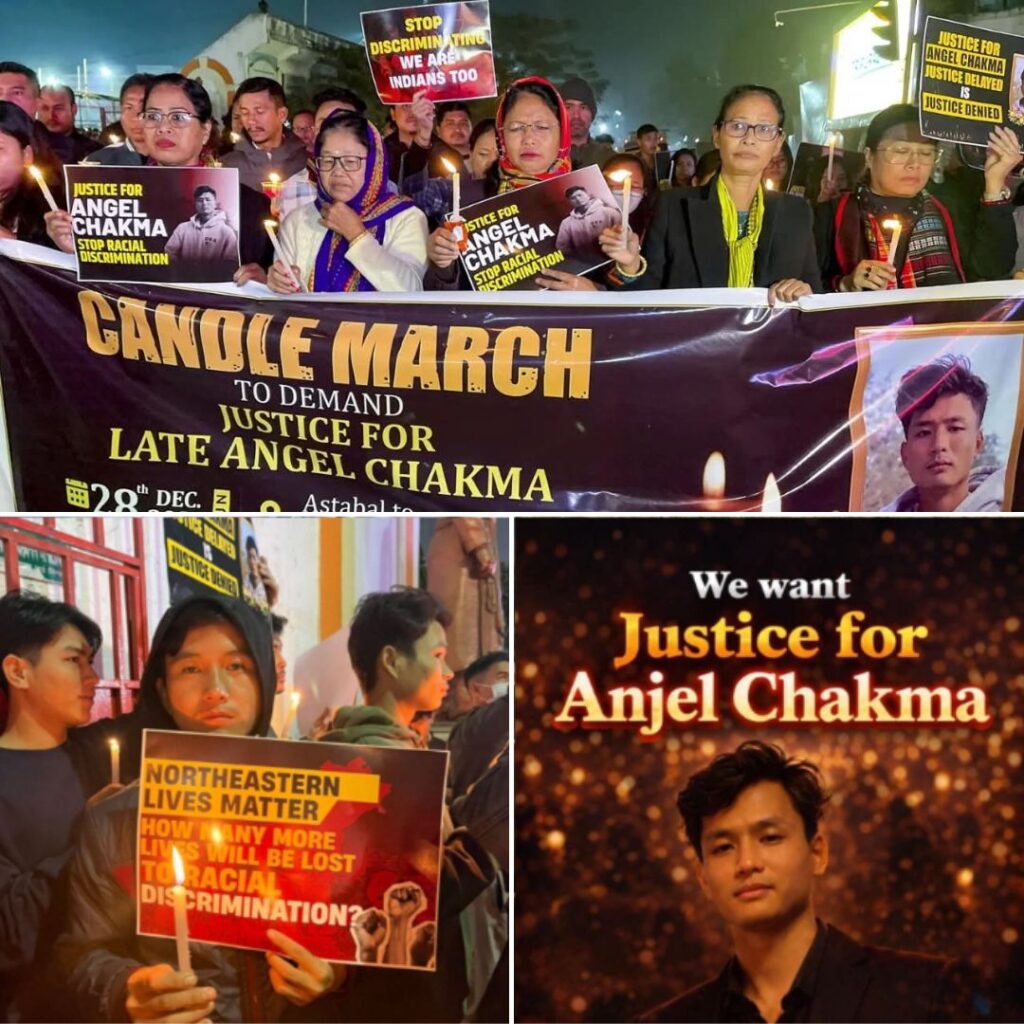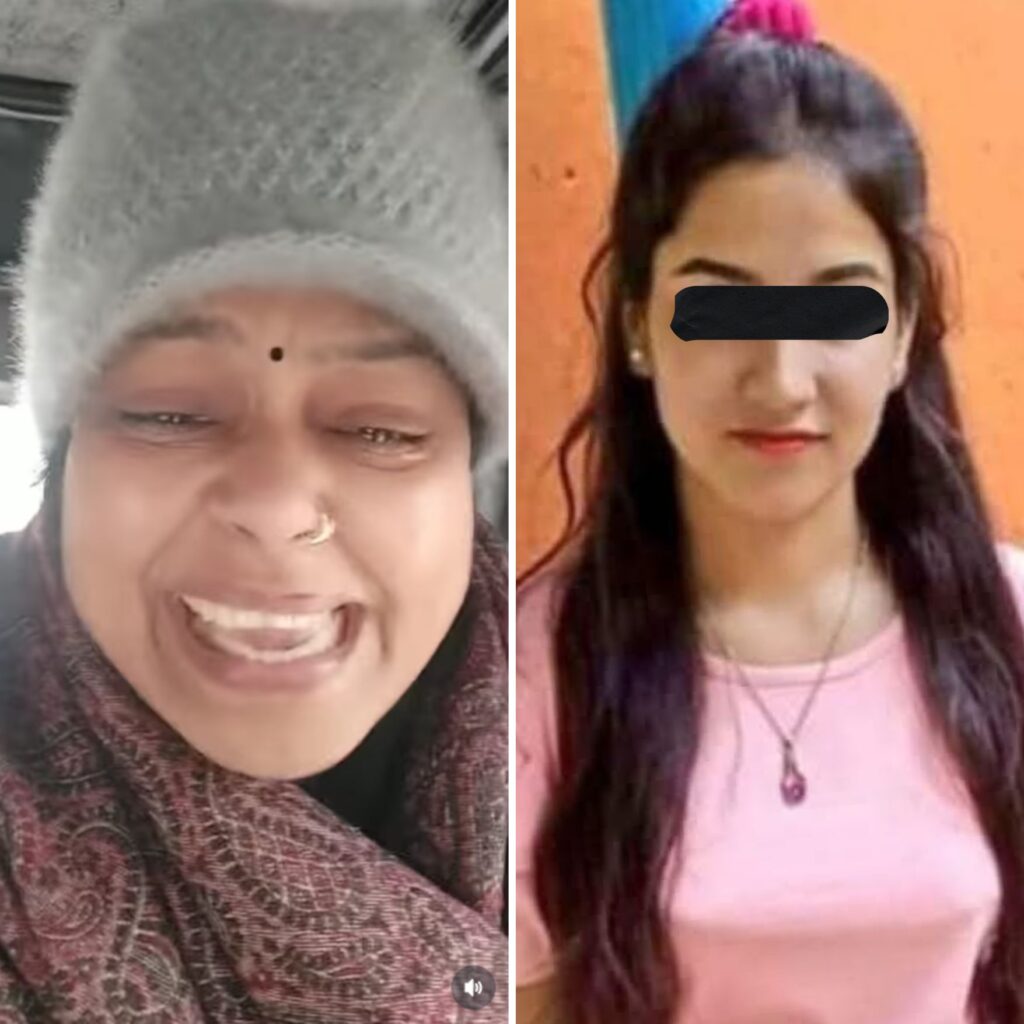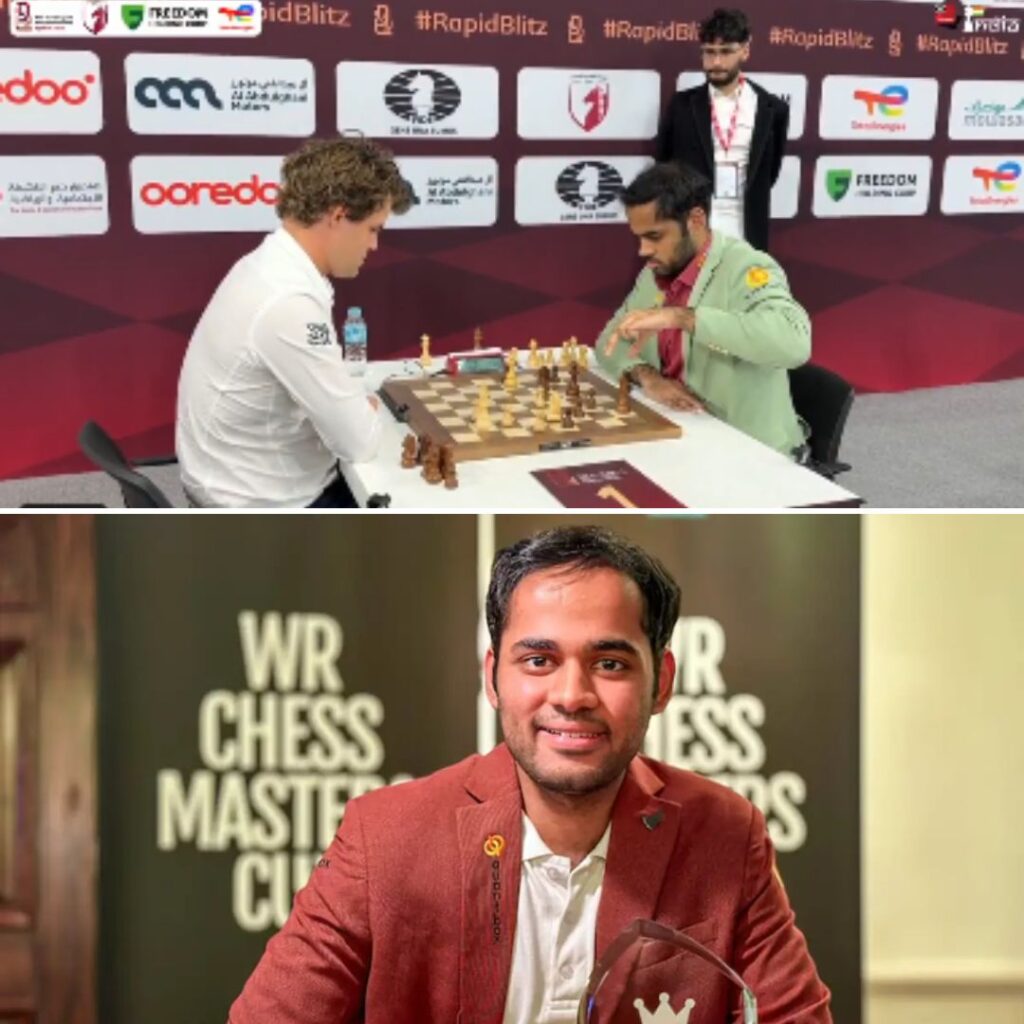Shraddha Tiwari, a 22-year-old BBA student from Indore, allegedly ran away on August 23 to marry her lover Sarthak but was stood up at the station. Heartbroken, she boarded a train to Ratlam where she met Karandeep, an electrician acquaintance from college.
After saving her from a suicide attempt, Karandeep married Shraddha at a temple in Maheshwar. The couple later returned to Indore amidst police investigation and family concerns over Shraddha’s mental state and the legitimacy of the marriage.
A Real-Life ‘Jab We Met’ Story Unfolds
Shraddha’s journey recalls the Bollywood film ‘Jab We Met,’ where a heartbroken woman embarks on an unexpected adventure. After being abandoned by Sarthak at the railway station, she boarded a train in despair. Karandeep, who had known her from college where he occasionally worked as an electrician, approached her during the journey.
According to police sources, Shraddha expressed suicidal intent which Karandeep prevented by proposing marriage. The pair married in a temple near Maheshwar and traveled through Khargone and Mandsaur before returning home to Indore. CCTV footage shows Shraddha leaving home early that day, adding credibility to her version of events.
Police Investigation and Family Concerns
Indore’s MIG police station officers have been investigating the disappearance and return. While acknowledging Shraddha’s legal right to marry, police seek a marriage certificate and documentary evidence to corroborate the wedding. Shraddha’s father, Anil Tiwari, remains unconvinced and expressed doubts about the marriage, raising concerns about her mental health.
He recounted lengthy counselling attempts and fears his daughter was manipulated. The family also invoked a local superstition by hanging her picture upside down to bring her back safely during the missing period. Meanwhile, Sarthak, the original fiancé, denied speaking with Shraddha for weeks, citing family opposition.
The Logical Indian’s Perspective
This case highlights the complex interplay of personal agency, mental health, and family dynamics in contemporary India. While Shraddha is an adult entitled to her autonomy, her mental well-being and the pressures she faced warrant compassionate understanding and thoughtful intervention.
Such sensitive stories call on families, law enforcement, and society to foster empathetic dialogue and support systems. They also reflect wider conversations about women’s rights, choice, and the often-hidden psychological struggles behind dramatic headlines.











